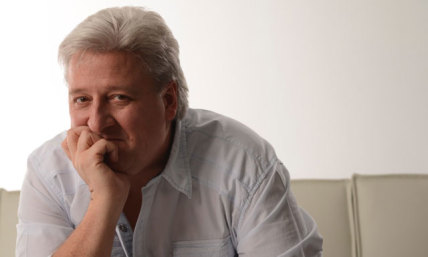The orientation and disorientation of caregivers
Caregivers struggle. They deserve care—not judgment for their fears, mistakes, or even their lifestyle. No one has ever argued me into a relationship. But there are those who loved me into one.
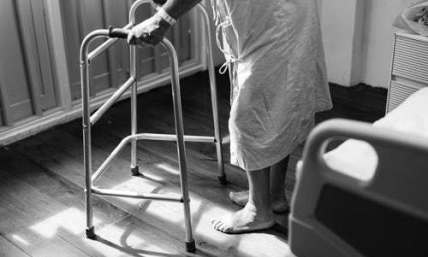
Caregivers struggle. They deserve care—not judgment for their fears, mistakes, or even their lifestyle. No one has ever argued me into a relationship. But there are those who loved me into one.

"Our thoughts and prayers are with the victims and their families," is repeated so often, it seems it should be a template on all social media platforms.

Quality of life and suffering remain subjective. Death, however, is not. Is life only valuable if pain-free and death remains further out than six months?

With the massive baby-boomer population racing into their senior years, the conversation around many festive tables this year will turn to caregiving concerns.
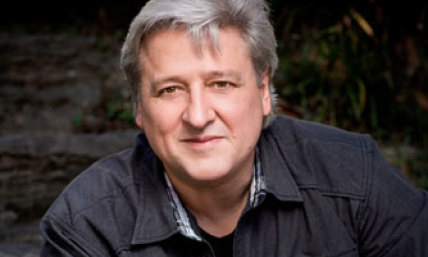
That question, lobbed at me by a pastor, served as my first encounter with an indignant population in the Christian community who felt the book by Paul Young is heresy at worst — or sappy at best.
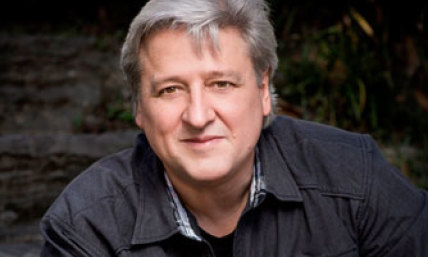
Of the many things warranting my gratitude, few rise to the level of the deep appreciation I feel for my father — and the impact he continues to have on my life.
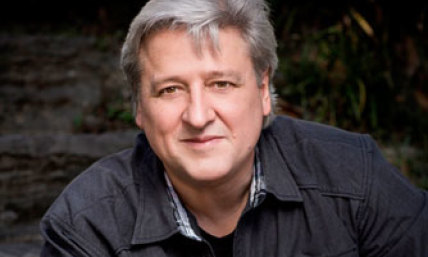
We caregivers see a lot of doctors. Many of us can perform tasks that used to be relegated to licensed medical personnel, and for that vast number of caregiving mothers, "Dr. Mom" has taken on a new levels.
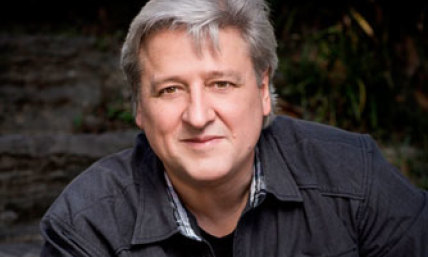
Of the many things warranting my gratitude, few rise to the level of the deep appreciation I feel for my father—and the impact he continues to have on my life. As a caregiver for a wife with extreme disabilities, I recognize skills and behaviors I learned from a man who didn't journey down the road I travel, but nevertheless prepared me for it by modeling five specific behaviors.
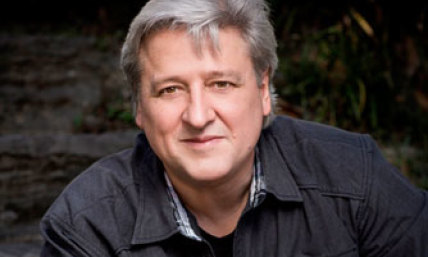
Despite all their skills, blinding speed and apparent competency, all caregivers suffer from the same challenge: What they do is unsustainable. It's simply a matter of time before a caregiver's body, emotions and/or their wallet will break down.
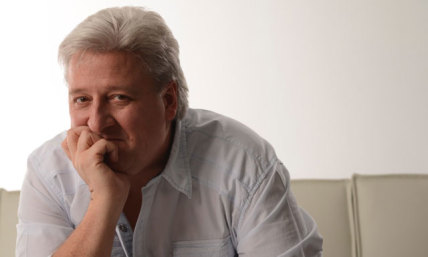
Whether wrapped in the nobility of caring for a suffering loved one or maybe just out of naked fear — the urge to wield control and power into the craziness of a chronic illness/disability is often overpowering and can have devastating results. From the moment one initiates a lifestyle based upon the myth of control, the clock is ticking towards failure. Since a long-term issue is by definition "unfixable," the illusion and reality will eventually collide. The results for the caregiver can be ex
